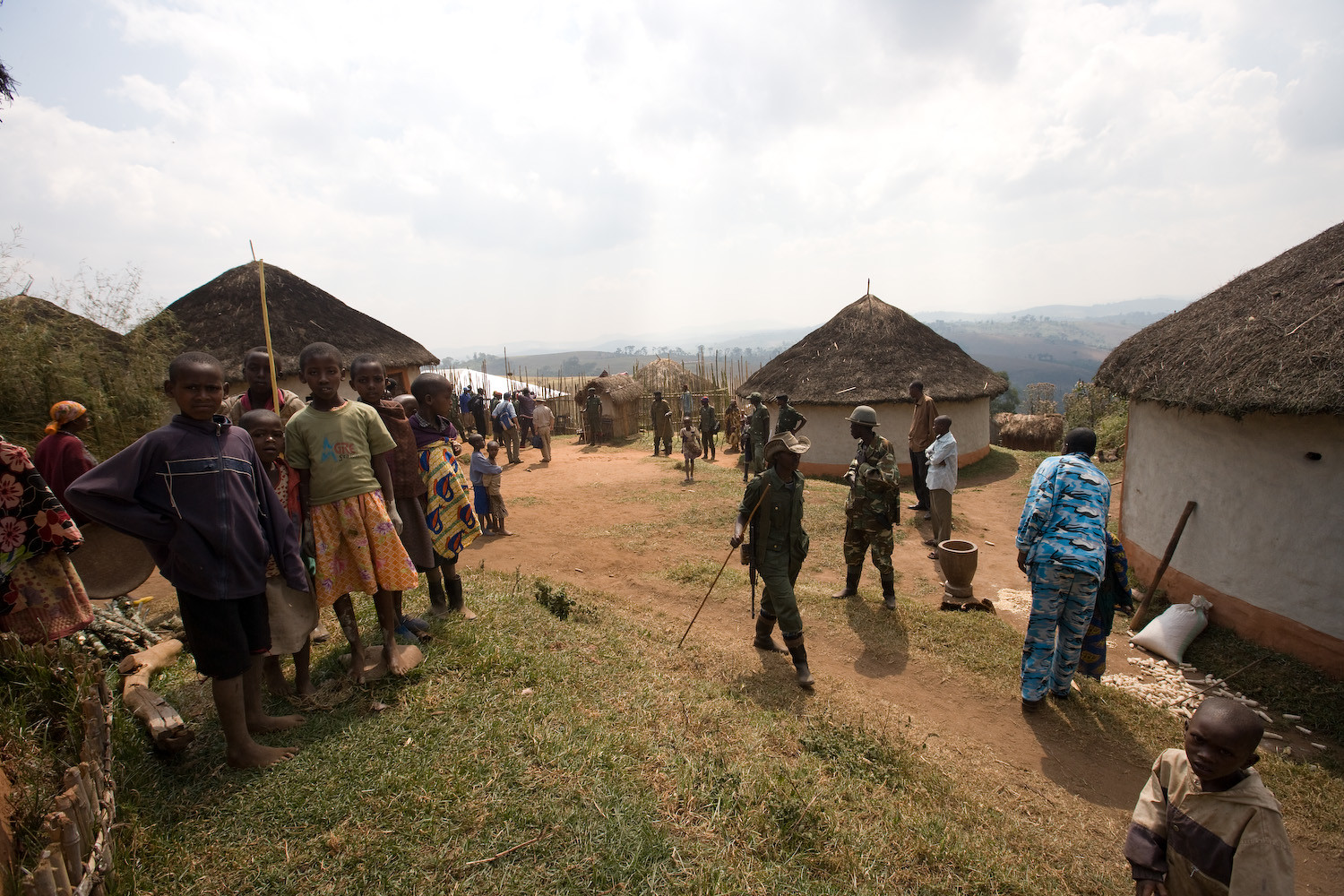
Pursuing an Integrated Approach to TJ and DDR in the Democratic Republic of the Congo

This paper is by Valérie Arnould with Karpate Tulinabo Buhurumba, Francine Baseme Mugaruka, Tshidembo Zawadi Alain and Jonas Mbavazi Kwonke, and was originally published by Governance in Conflict Network. This report was produced through a collaboration between Avocats sans frontières (ASF), GIZ and Conflict Research Group (CRG). The research and report are the work of ASF.
Since the emergence of both fields of practice in the 1990s, transitional justice (TJ) and disarmament, demobilization and reintegration (DDR) policies, projects and programmes have operated contemporaneously in many (post-conflict) settings. However, most often TJ and DDR have been developed and implemented in complete separation from one another. This is despite the recognition that both share common goals for building sustainable peace and that their operations may have reciprocal effects.
Moreover, the failure to address the impact and legacies of human rights violations alongside DDR efforts, can contribute to perpetuating cycles of violence and negatively impact the willingness of recipient communities to accept the return and social reintegration of ex-combatants. The DR Congo has a long history of engagement in both DDR and TJ processes in an effort to resolve the armed conflicts and combat impunity for human rights violations but, until recently, little effort was made to build bridges between both. The latest DDR programme instituted in the country in 2021 – the Disarmament, Demobilization, Community Recovery and Stabilization Program (P-DDRCS) – for the first time expressly provides that the DDR programme needs to adopt an approach that takes into account transitional justice. At the same time, since 2019 there has been a renewed commitment on the part of the Congolese authorities to initiate TJ measures. There is thus a window of opportunity to strengthen the DDR-TJ nexus in the DR Congo in a way that can benefit victims-survivors, recipient communities, and ex-combatants, and ultimately strengthen efforts of promoting peace in the country.
(Photo credit: Radio Okapi, Flickr)